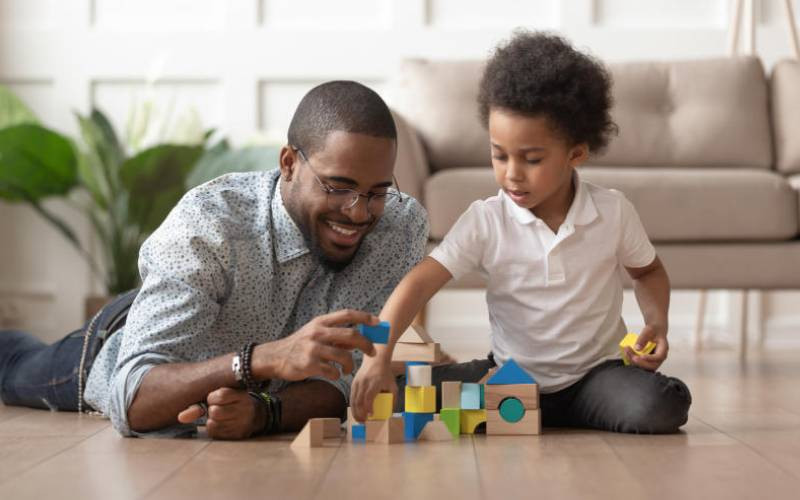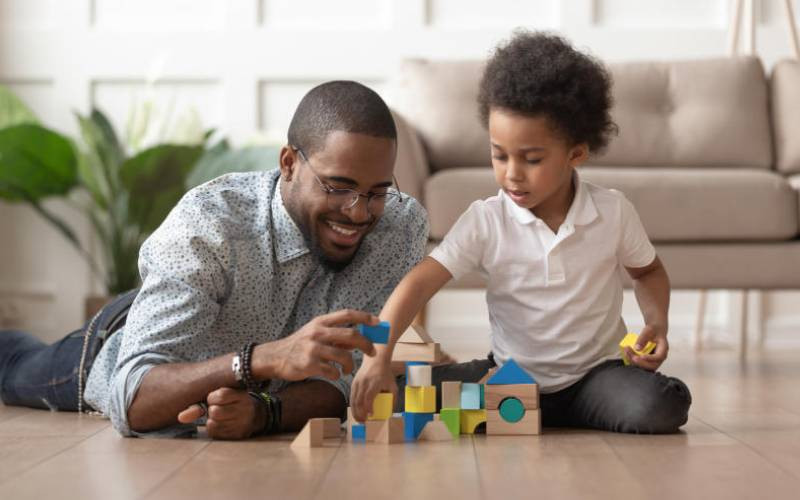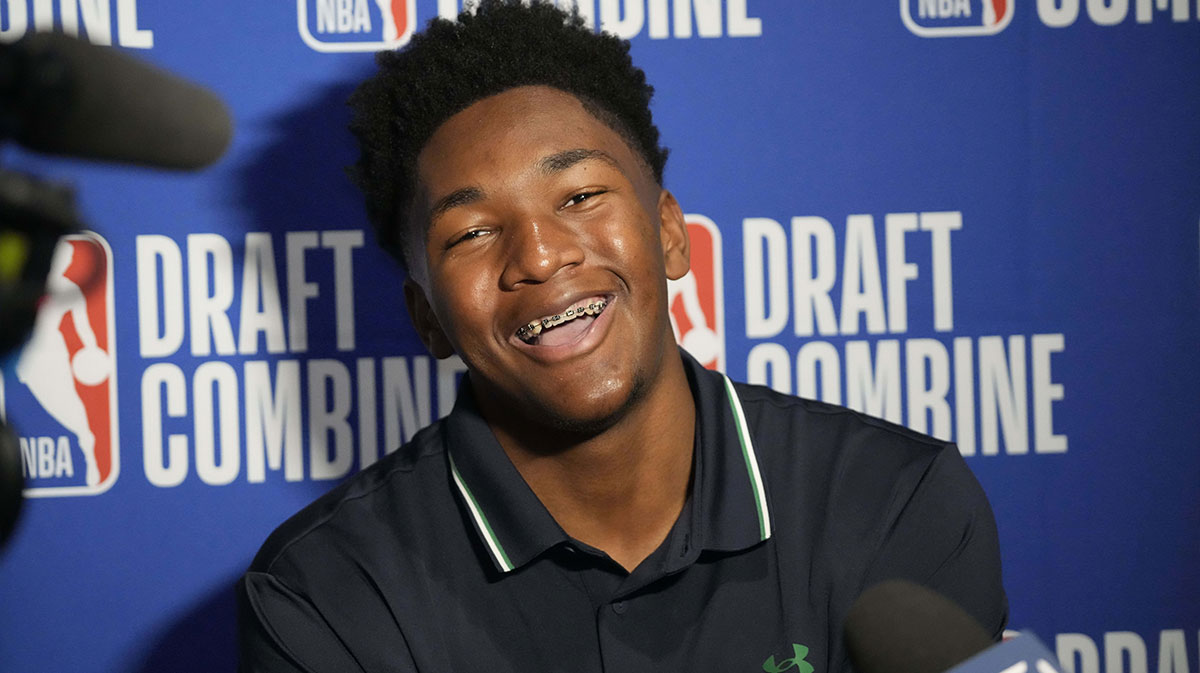How play shapes stronger parent-child bonds

At an apartment in Mwendantu residential estate, Meru, the sun is dipping behind the flats, the air is filled with the familiar hum of evening routines.
Inside one home, Eric Mugambi, a graphic designer and father to Abel Mugambi, is on his knees pretending to be a firefighter, roaring his way through a ‘burning’ living room - his son’s voice directing the chaos.
“No, Daddy! The fridge is on fire too!”
“Yes, Captain!” he replies, grabbing a cushion hose.”
Laughter fills the room.
For Eric, this is how he reconnects with his son after long days apart. No screens, no lectures, just imagination and joy.
Like Eric, many parents are rediscovering the simple power of play. Not the structured, overscheduled kind, but the spontaneous, messy, joy-filled kind that brings families closer and builds resilient children.
“As the world marked International Play Day on June 11, this was a good moment to pause and ask: Are we making enough time to play-not just for our children, but with them?” says Janice Mutano, a children’s expert.
Experts agree that play is not a luxury, but a necessity. “I always say, play is a child’s way of communicating,” says Janice, adding, when a child builds with blocks or makes up a story with dolls, they are telling you something about their day, their fears, their hopes. Play allows parents to listen without prying.”
Science, she says, backs this up. Play contributes to cognitive development, emotional regulation and problem-solving skills. It helps children learn cooperation, resilience and empathy. But what’s often missed is this: play strengthens parent-child relationships.
In Kitengela, Anne Mwende, a single mother of one, has learned that play can ease even the toughest days. Her seven-year-old son, Leo, was struggling to adjust after his father moved to Mombasa.
“He stopped talking much,” Mwende recalls. “But one day, we built a fort out of couch cushions. Inside that ‘castle,’ he opened up. He told me his fears through characters - scared knight, a missing king. That’s when I realised — play is his therapy.”
In Nakuru, Peter Kipkorir, and his wife, Rachel, parents of twin girls, have embraced messy play. “We bought finger paints and now our weekends are chaos,” Rachel says. “But when I see them mixing colours, trying to explain their ‘art,’ I see their personalities shining through.”
In another setting, nine-year-old Brian, who lives in Kisumu, says his dad is “the worst hide-and-seek player in the world.” His father, David Omondi, agrees. “But I keep losing on purpose. The joy on Brian’s face is worth (it),” he says.
Mwende says she has since discovered that play also nourishes the parent, in a world where parenting feels like a performance- school runs, homework, career juggling, play offers a rare chance to just be.
Stay informed. Subscribe to our newsletter
“Play is how I unwind,” says Mwende. “It is the one time I am not thinking about bills, deadlines, or school fees. Just me and my son, making up silly songs.”
Caroline Kamau, an ECDE teacher, says when parents engage in play, they show vulnerability, creativity, and emotional presence. It lightens the heaviness of parenting and builds stronger emotional bonds.
The teacher, says one of the most powerful aspects of play is role reversal. In everyday life, she says, parents lead. But in play, children often take the reins.
“In pretend play, I see how my daughter sees her teacher Maureen, in me,” says Saida Ahmed, mother to six-year old, Halima Ahmed.
“One day she played ‘teacher’ and started scolding imaginary students. I realised I needed to soften my tone, she was mimicking me without knowing it.”
Even the shyest child can come alive during play, and even the busiest parent can rediscover joy in small moments - a cardboard box spaceship, a dance-off in the kitchen, or a story invented on the spot. As Caroline puts it, “You don’t need fancy toys or parenting books. Sometimes, all your child really wants is five minutes of undivided attention - and a parent who’s willing to roar like a lion or hop like a bunny.”
So go on. Get on the floor. Pick up that stick, paint! Let them paint your face. Because in parenting, play is the break from the real work - it is the real work.
As Eric Mugambi puts it, “When I play with my child, I stop being the adult for a moment. I become his teammate, his audience, his co-conspirator. It’s in those moments I feel like I’m doing this parenting thing right.”











